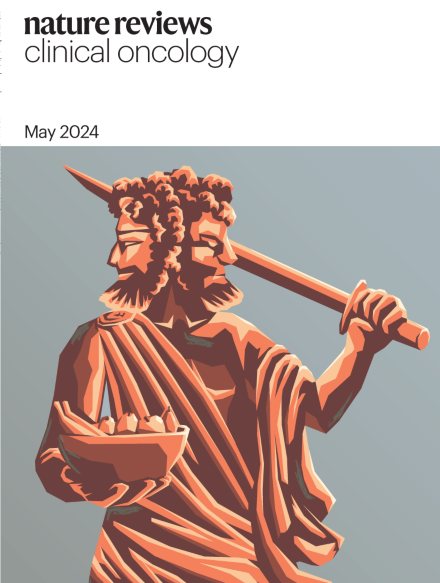
The two faces of copper metabolism in cancer
Learn more about this and other topics in our May issue

Learn more about this and other topics in our May issue

The FDA has approved nanoliposomal irinotecan, 5-fluorouracil, leucovorin and oxaliplatin (NALIRIFOX) for patients with metastatic pancreatic adenocarcinoma on the basis of results from the NAPOLI 3 trial, in which this four-drug regimen improved overall survival relative to a doublet regimen. Here we discuss how, in the context of prior results from the PRODIGE 4 trial testing 5-fluorouracil, leucovorin, irinotecan and oxaliplatin (modified FOLFIRINOX), NALIRIFOX does not seem to raise the bar, but rather exposes patients and health-care systems to financial toxicities.